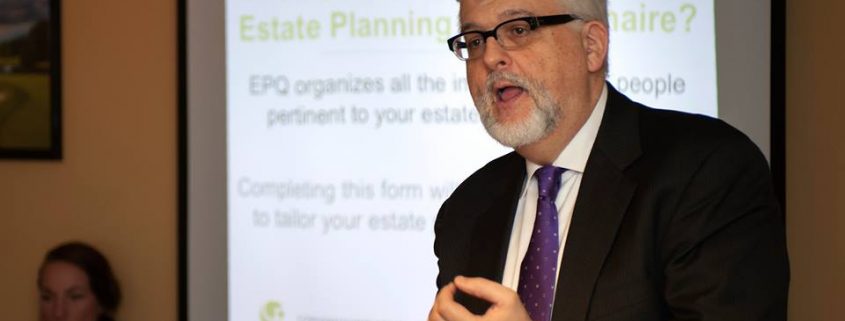Much of Iowans’ wealth can be found in retirement benefit accounts, like IRAs, 401(k)s, 403(b)s, and so on. Funds from retirement benefit plans can be easy and tax-savvy ways for you to support your favorite causes and organizations!
IRA Charitable Rollover
The Individual Retirement Account (IRA) charitable rollover allows individuals aged 70.5 years of age and older to donate up to $100,000 from their IRAs directly to charities, without having to count the distributions as taxable income. This gift transfer is called a qualified charitable distribution (QCD).
To be clear, there are two threshold requirements to take advantage of the IRA charitable rollover. The first is that to be eligible you must be 70.5 years of age or older. An important nuance to note is the required annual distribution is based on the year the participant reaches age 70.5, not the day they reach that age.
The second threshold requirement is the IRA charitable rollover applies to IRAs only. Under the law, charitable gifts can only be made from traditional IRAs or Roth IRAs. The IRA charitable rollover does not apply to 403(b) plans, 401(k) plans, pension plans, and other retirement benefit plans.
What about younger donors, or people who have different, unique, kind of retirement benefit plans? There are at least a couple of good alternatives to consider.
Required Minimum Distributions
Generally, an account holder must start taking Required Minimum Distributions (RMDs) after age 70½. And, sometimes, much younger folks must take RMDs when they inherit a retirement benefit account. If you’re already having to take RMDs, why not use those funds to support your favorite charity?
There is a (pretty severe) tax penalty if you withdraw funds from a retirement benefit plan too early. But, generally speaking, individuals over 59½ years of age may withdraw funds from retirement plans without any penalty. So, in such cases, a donor can withdraw funds, make a gift with these funds, and then claim an offsetting federal income tax charitable deduction. Keeping in mind that every donor’s situation is unique, in the clear majority of such cases, a charitable gift made in this manner would at the least be tax neutral for the donor.
Beneficiary Designations
No matter what age, no matter what type of retirement benefit plan, there is a very easy way for you to help your favorite charity. Simply name the charity as the beneficiary!
It’s been my experience that many folks don’t consider or realize they can make a meaningful gift by naming a nonprofit as the beneficiary of IRA, 401(k), 403(b), or another plan. This is simple and does not require drafting a will or testamentary trust. (It is true that if the account holder is married, the spouse should be informed and may have to consent to gift).
Keep Beneficiary Designations Current
This is a good time for a reminder to check your beneficiary designations not only on your retirement benefit plan but on ALL such accounts or funds. Savings accounts, checking accounts, mutual funds, stock portfolios, annuity contracts—all these have beneficiary designations (also sometimes called “payable on death” or “transfer on death”). Are your beneficiary designations current? Or is there an ex-spouse still named as a beneficiary on your IRA? Make sure to keep your beneficiary designations current, and while doing so, consider naming our favorite nonprofits as beneficiary. Your gift could make a tremendous difference.
Contact Me
Of course, there’s always much more to be discussed when it comes to charitable giving. I would love to hear your ideas and charitable giving goals. Don’t hesitate to contact me by phone at 515-371-6077, or email, Gordon@gordonfischerlawfirm.com.



